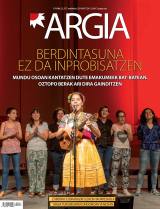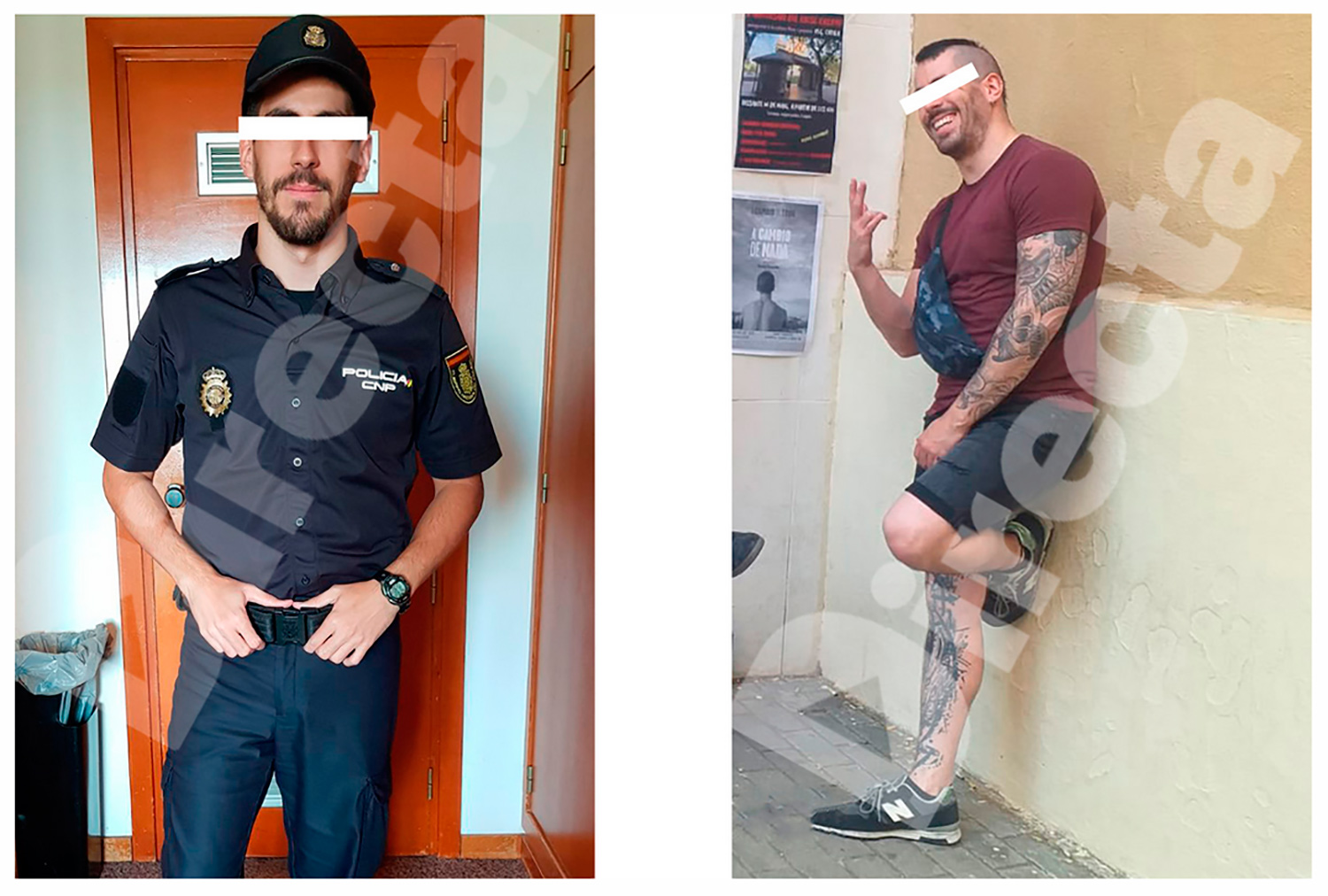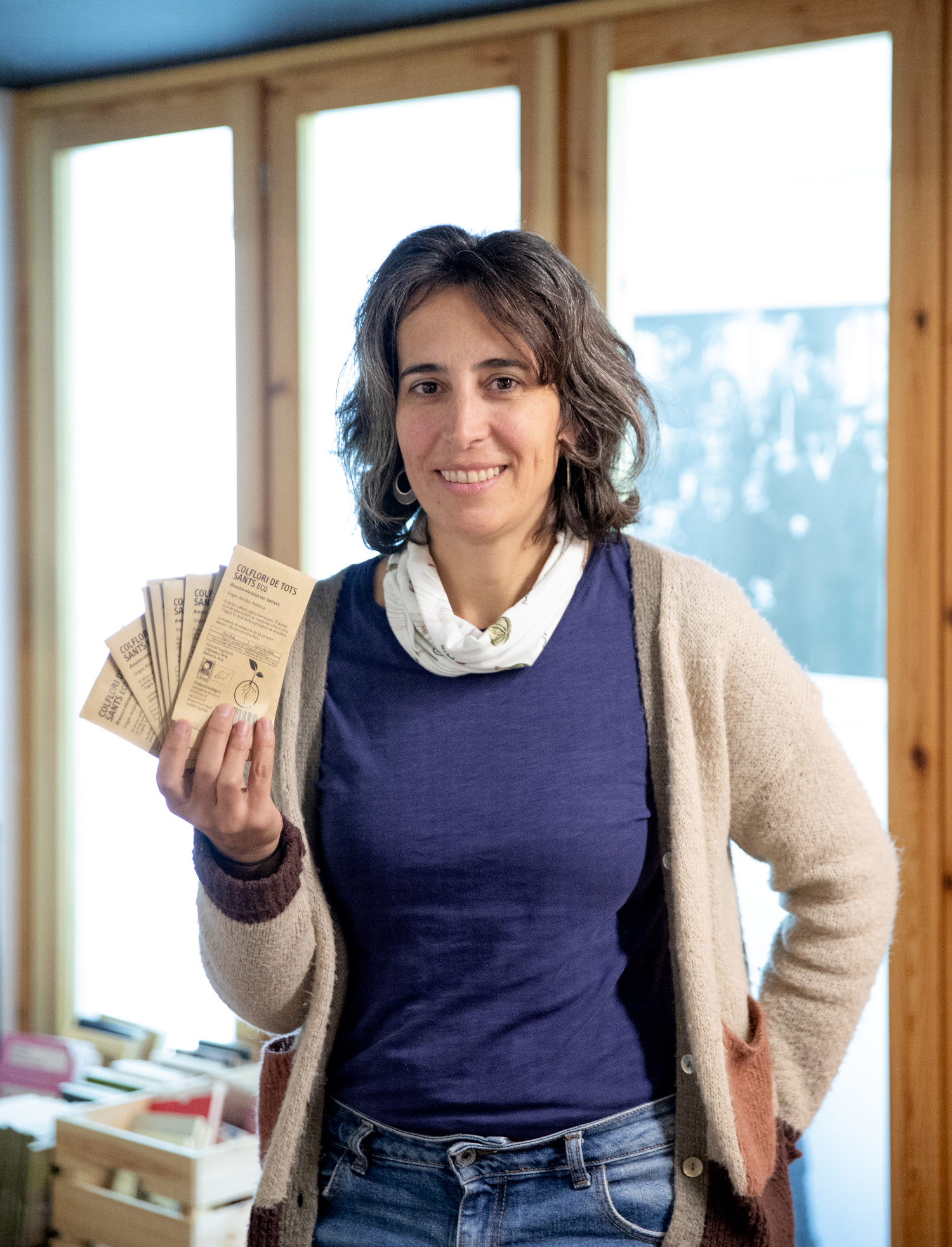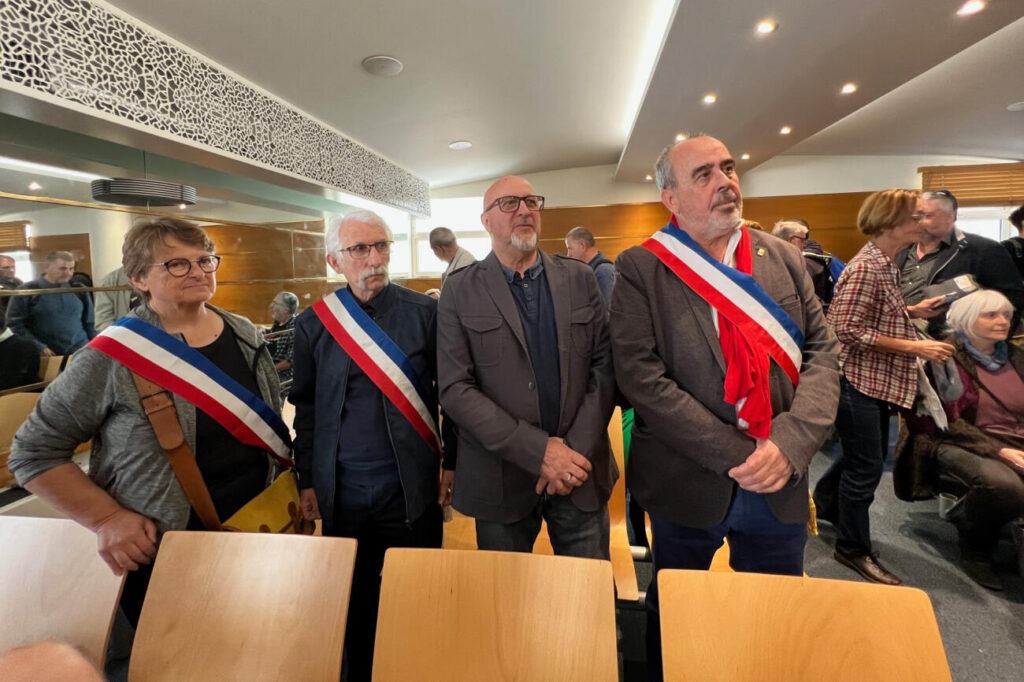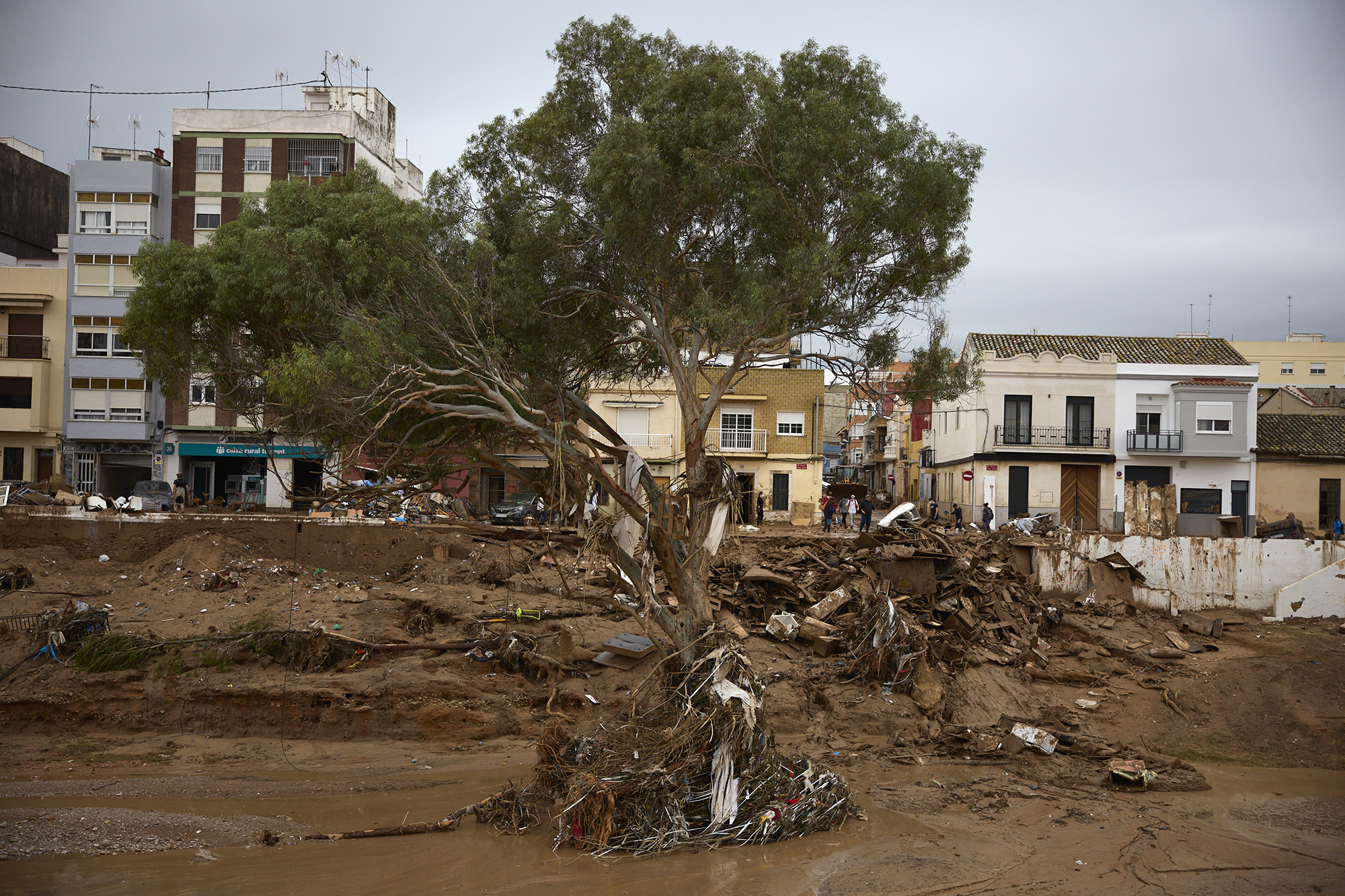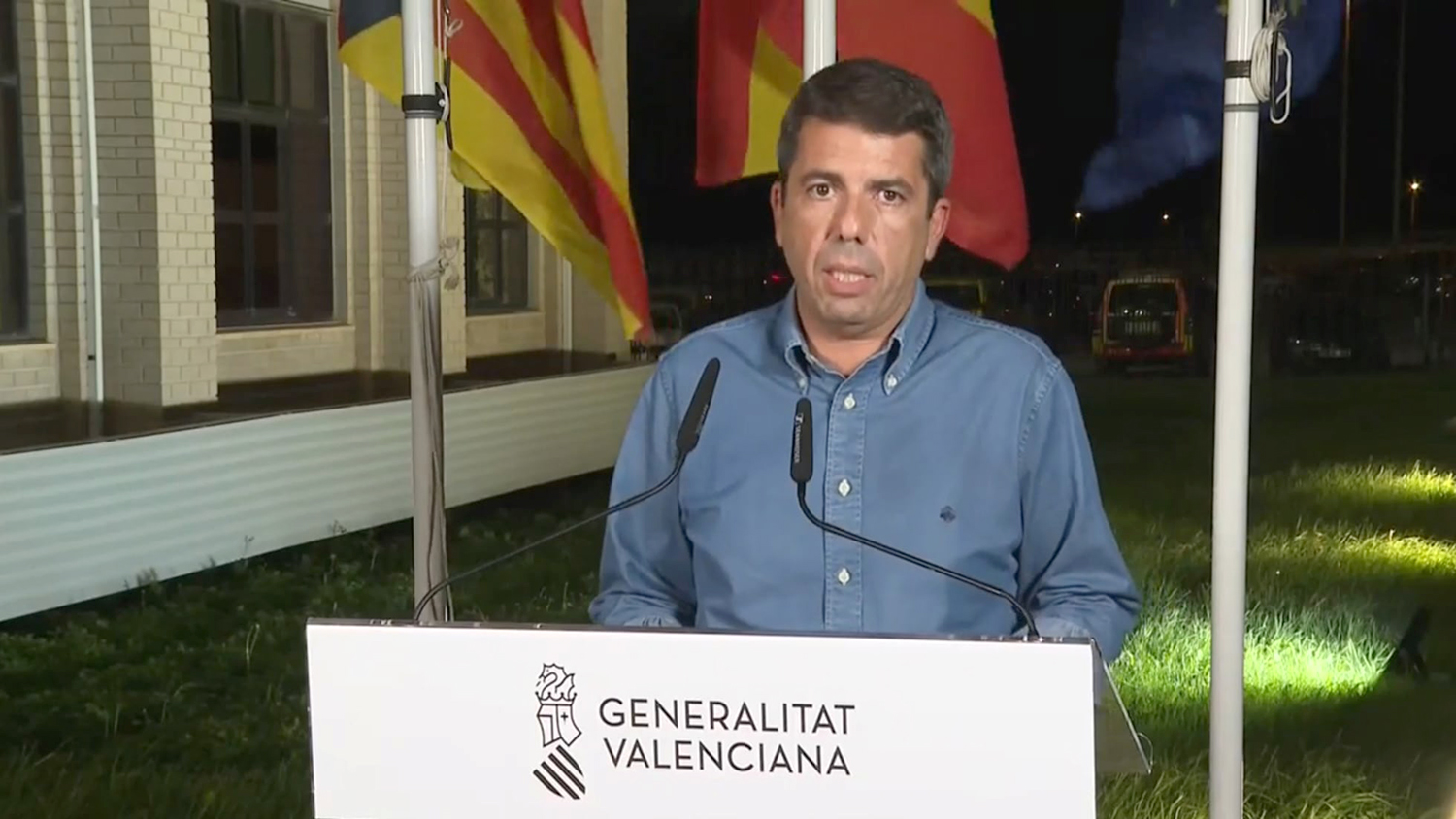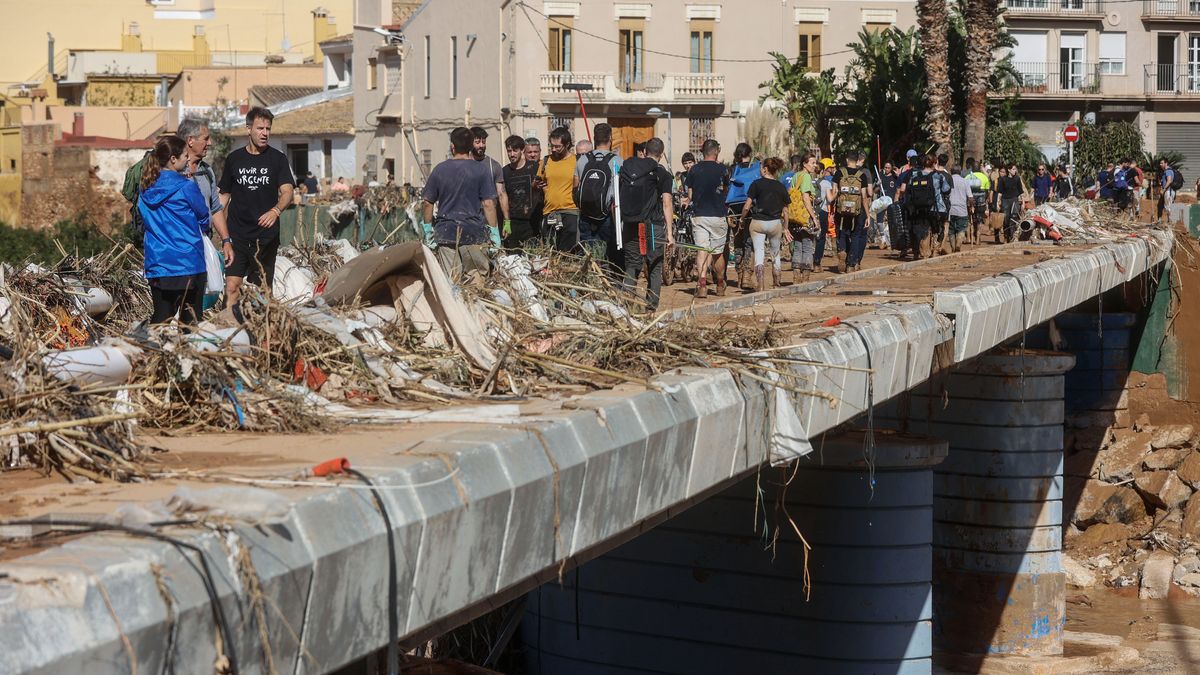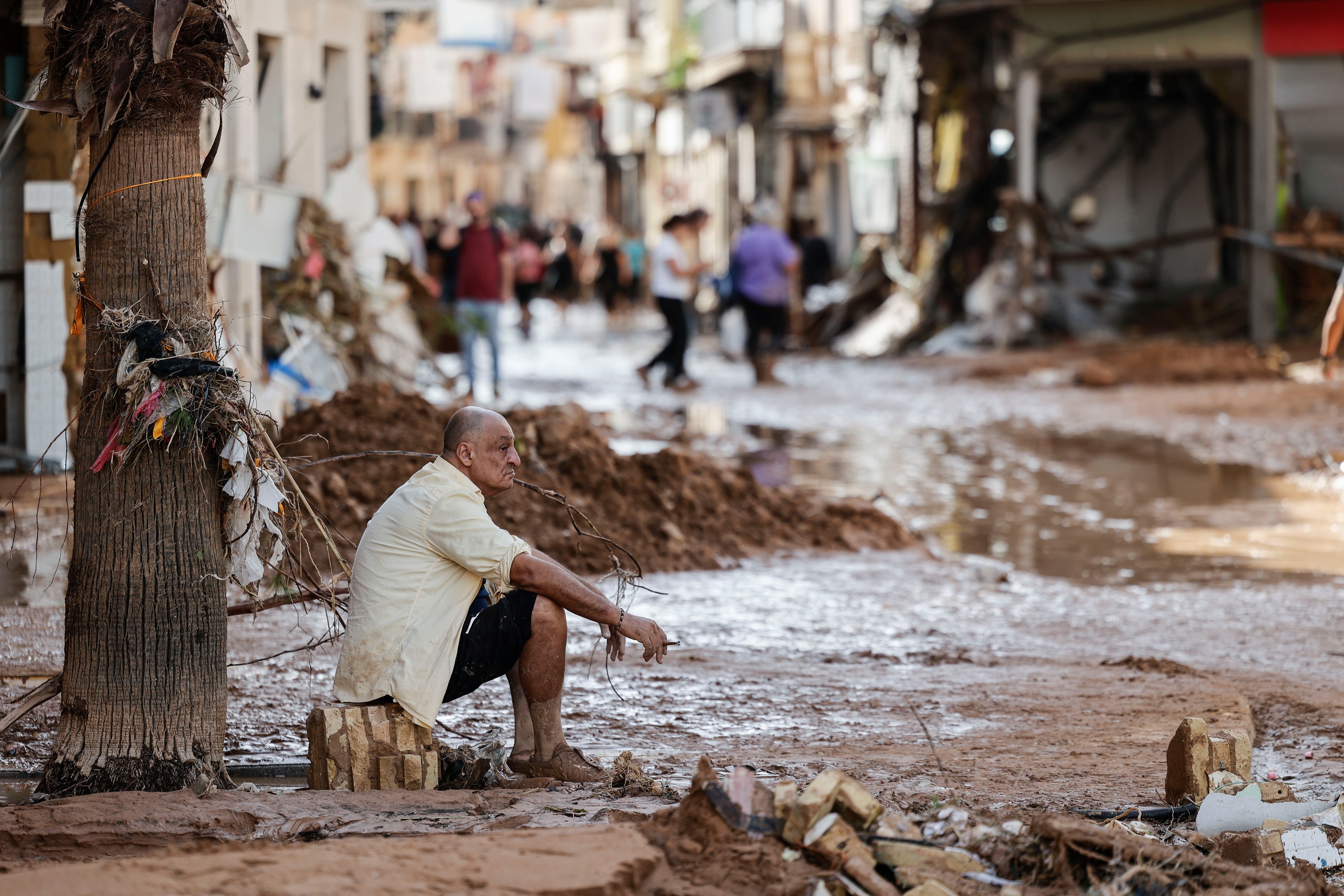"I didn't want to live in a small Basque Country in Barcelona"
- Exquisite collaborator of ARGIA from Barcelona Aritz Galarraga university professor. The participation in the competition has a lot of salt and pepper. Welcome to your distressed criticism, always and in most cases made with respect, irony and humor.
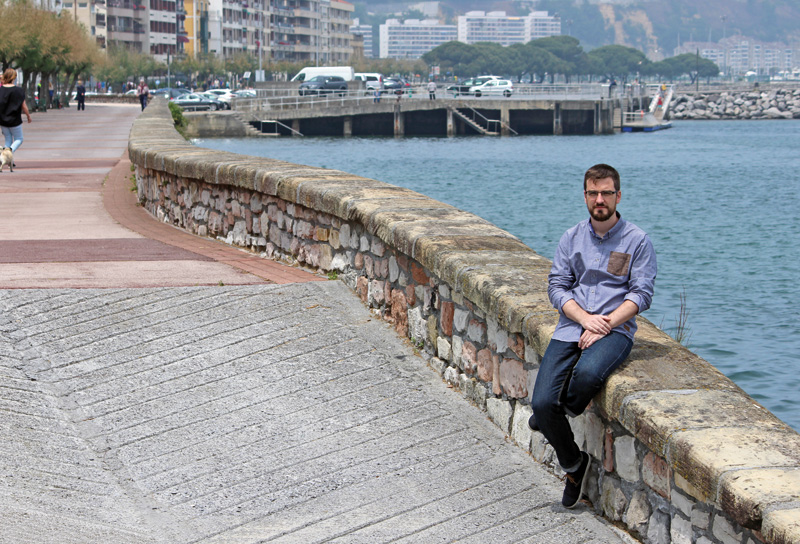
Although you live in the Catalan countries, you publish the texts here and there. More than five interviews, comfortable and live?
More comfortably in the territory of the letter. There is only one look at the work I have done in recent years to realize it. In other words, I have worked on everything written, and in this same territory I have also acted heterogeneously, I have produced many types of texts, and I have not exercised myself in the oral expression, I have not got in my head, I have not had the instinct and inspiration of bertsolari, and so I have to walk more comfortably in the writing.
Does Catalan have an easy verbal fluency?
Yes, no doubt. Catalan has a more stable educational situation than here, a greater number of speakers – ten million, according to the latest surveys – a tradition more consolidated both in literature and in the oral register. Orality is more elaborated by Catalan. The difference between them and us is that their speaker normally speaks Catalan standardized in any situation and record, while the one here is not yet able to do so. Take the Catalan footballer of Barça: it has the same level in Catalan and Spanish. Another thing is what the player's level is, what the player's ability to talk about in any language, that slippery terrain.
Ja, ja…
As for the registration, richness and naturalness of the language, it has the same capacity – for example, a Piqué – both in Catalan and in Spanish. It is not our case: here, when the Basque speaker speaks in Basque, he lacks vocabulary, customary and naturalness. There's a lot of difference between the ones here and the ones there. One of the great differences between the two languages.
How does the nationality of Barcelona follow from afar? Nobody has read that word, citizenship...
In spite of being physically in one place, it is not difficult to keep track of others’ current situation, not even to be part of it. I know there was a time when this was almost impossible, that is, what I do today. My life is not, in short, very different from that of Hondarribia: we spend a lot of time in front of the computer, so communication is instantaneous over the Internet, phone and other artifacts. For example, throughout the day I speak almost more with the people of Euskal Herria than with the people of Catalonia, either by whatsapp or by any other means.
Sabino Aiestaran, emeritus professor of Social Psychology at the UPV/EHU, approves the relationship through social networks, but says that a physical meeting is needed once a year.
Yes, relationships are very different when they are virtual, in their entirety, or even when they have a physical presence. Virtual relationships get to a point. From there, it takes direct contact: seeing, being together and talking… In this sense, because I am in Barcelona, I am not reduced. I would say that I live like a person of my style: I think a professor and a poor journalist has my life here, or very similar.
What does it mean to live in exile, but with one eye, to spend the day looking at the people?
It's pure tautology, but living looking from the outside gives you that, a look from the outside. You're not at the center of salsa, and that gives you a different perspective, inevitably. The same as the one who follows a live concert and does it on television or radio, has a different perspective. It's neither better nor worse, but at least different. According to my intuition, distance provides a healthier perspective. The computer screen does not look the same from a distance of two centimeters, or thirty centimeters. When you’re out, add to your vision a new vision of the new place you’re in. If you have an open and critical look, if you are willing to receive it here and there, you can also have a view of the territory you have left.
The Catalan and Basque Countries. “Anai zahar lur gazte” said Xabier Lete in Canço a Catalunya.
So, “ANAI” would now be “familiar”, speaking politically correctly. Jajajajajajajajajajajajajajajajajajajajajajajajajajajajajajajajajajajajajajajajajajajajajajajajajajajajajajajajajajajajajajajajajajajajajajajajajajajajajajajajajajajajajajajajajajajajajajajajajajajajajajajajajajajajajajajajajajajajajajajajajajajajajajajajajajajajajajajajajajajajajajajajajajajajajajajajajajajajajajajajajajajajajajajajajajajajajajajajajajajajajajajajajajajajajajajajajajajajajajajajajajajajajajajajajajajajajajajajajajajajajajajajajajajajajajajajajajajajajajajajajajajajajajajajajajajajajajajajajajajajajajajajajajajajajajajajajajajajajajajajajajajajajajajajajajajajajajajajajajaj For example, I am sure that if I were not Basque, they would see me there differently, precisely because of this historical relationship between these two peoples. But it seems that the direction of this relationship has changed: the admiration of the Catalans towards the Basques, superficial, if you want to criticize, seems to me to have taken a turn. The political situation in Catalonia has moved on to the front line, and it is now the Basques who live there with admiration. I believe that the affinity or complicity between these two peoples will continue to exist, although that affinity and complicity is weaker than is thought.
You think it is a weak thread.
Yes, we share that we are under the same State, that a large part of society in both countries has a desire for sovereignty. Otherwise, Catalonia and the Basque Country have nothing to do with it.
Referring to the desire for sovereignty, what is the “Catalan sovereign process”?
I would say that it does not exist, there is no sovereign process, if that has ever existed, because some people even question whether there has ever been a process, and I am not referring in particular to the Spaniards. There is no process at present, in my opinion, because last September’s elections did not show enough social majority for this process to flourish. A plan was presented, the deadlines for creating a State structure … but there is no such thing, they have not wanted to come into conflict with Spanish jurisdiction, the majority Junts pel does not want to take a step in the path of disobedience … and, consequently, the process in question is not going forward. On the other hand, there were incidents in the formation of a government which, once formed, has not approved its budgets.
No gray, no quiet.
Yes, yes. There is not enough social majority to move forward. When there is a large majority, people gain total sovereignty.
Consultations are being held in the villages here.
On the other hand, logical aspiration can be a way of bringing people to sovereigns. The consultations carried out in the peoples can be beneficial to form a certain mass, but that will not bring pride, because the fundamental basis is that there is a social majority in favour of it, and in the Basque Country there is no such thing. Nor in Catalonia, as the Catalan elections have shown. That is why the process is not moving forward.
Despite the great mobilizations?
Yes. Mobilisations have shown that people in favour of sovereignty are numerous and that they are very much mobilised.
What is not sovereign moves when it comes to voting.
That is it!
Professor at the University, a regular contributor to the press in Euskera, a literary critic in Erlea magazine, parents… How do you keep up?
You mean, keeping mental health more or less? Ha, ha… There is no mystery. The day is 24 hours old, and we know time is finite, so I write grudgingly to other things. I'm not a lonely or antisocial slave, but these jobs and jobs fill a lot of the day.
And the wood to the fire, as in that film of the Marx brothers: you will be fully engaged in the thesis.
And then some jobs would have to be discarded. Arithmetic doesn't look like that. It's 24 hours a day, no more.
It will be more invisible to you, at least for a while.
Inevitably invisible, for the sake of those who could see me, but also for my own. I would not say that mine is a permanent exhibition, but it is often discreet, and with the thesis it will not be easy to maintain it. In addition, this exposure also entails daily wear, or often the pressure to publish something, etc.
You are a reader of Basque Studies in Catalonia, in two universities: At the University of Barcelona and the Autonomous University.
However, it is in the Autonomous Region where Basque studies have the greatest weight. The truth is that, with the exception of Reno, I believe that Basque studies do not have that recognition anywhere else in the world except in the Autonomous Region. The students have the opportunity to attend their undergraduate studies, to attend our courses, and to receive a minor or a mention in Basque Studies. That is, the student can be graduated in Catalan Language and Literature, and has a special mention in Basque Studies.
What are the Basque studies in these two universities in Barcelona?
It is always thought that Euskera is taught and taught, but that is only part of the programme and not the largest. We try to give a global view of what we could call the Basque culture, we can show the language in an instrumental way, but we also have a lesson about the Basque culture and society, about the Basque literature, about the history of the language… We try to offer a complete and transversal vision of what is Euskal Herria.
Who wants to know about the Basque Country in the universities of Barcelona?
The typology is slightly heterogeneous among students. There are those who are affected by the Basque Country, and there are also those who have a linguistic interest in the Basque country. The motivations may be different: there are people who are curious, a more complete view, others… These are university studies and, in short, the student is curious about it. We also teach Basque, but in one course, but in two, it's 80 hours of schooling. The student realizes a minimum base, only realizes how the language works.
It’s not like here…
No, of course. In the Euskaltegis here they convey the skills in a communicative way. Ours is an academic – scientific – perspective, if you will – on the functioning of the Basque Country. At the end of the course, the students barely know how to say anything, but they get to know the general mechanism of the language.
There are Basque centres in Barcelona.
Yes, and I have a relationship, but not as much as others. However, as a professor at the Autonomous University, I have participated in several events throughout the year, such as the literary festival [Literaldia]. It seems to me a very interesting initiative, we invite the people of Euskal Herria and it is very welcome. I would say that there is no literary festival in the Basque Country that is so old, nor that it brings together so many people. In addition, Euskal etxea holds a music festival and another film festival.
Do you have the Euskal Etxea of Barcelona as a reference?
It is undoubtedly a great reference point for some Basques. I know people who are very related to the Basque Country Etxea, who is actively involved. As far as I am concerned, I do not have a very close link with the Euskal Etxea, but I knew that this was the case, that is, I did not – and I do not – want to live in a small Basque country in Barcelona. To do so, I would stay in Hondarribia. If I went there, I preferred to meet the native, get into him, join the native, without losing, of course, the obvious link with the Basque Country, and have a good relationship with the Basque Center and participate in many activities. Let's say I gave the navel a few meters.
Literatura ikasketak egin zituen. Bartzelonako bi unibertsitatetan euskal kultura irakasle da 2006an hara zenez geroztik. Katalunian izanik ere hemengo hainbat hedabidetan kolaboratzen du, ARGIAn, Berria-n, Erlea-n, Euskadi Irratian eta bestetan. Luma-zorrotza da, bilorik gabe idazteko joera du, zurian beltz, distantziak eman ohi duen libertatearen jabe. Doktore tesiari ekiteko puntuan da katalanera itzulitako euskal literaturaz. Katalana du emaztea eta bertan jaioak bi seme-alabak, partez katalanak, partez euskaldunak.
"Bigarren hezkuntza edo institutua egin genuen lekukoak omen gara, eta nik Donostian ikasi nuen...baina, ez, honddarbiarra naiz".
In 2011, the powerful 15-M movement broke out, which put the Catalan Govern in a hurry. Among other things, on that occasion the Police ran into the indignant camp of the Plaza Cataluña de Barcelona and besieged the Parlament on the day that the activists had to approve the... [+]
25 October. The Valencian Meteorology Society has announced that next week a cold drop from high temperatures could cause torrential rains in Valencia. Day by day, the forecasts are confirmed, and on 29 October, in the early morning hours, the State Meteorology Agency has... [+]
Hogeita hamaika suhiltzaile nafar joan dira Valentziara, uholdeen ondoko garbiketa lanetan laguntzen, Horietako bat da Iñaki Sexmilio. "Zenbait lekutan gurea izan da iritsi den lehen laguntza taldea, herritarrak oso eskertuta daude", azaldu du Metropoli Forala... [+]









